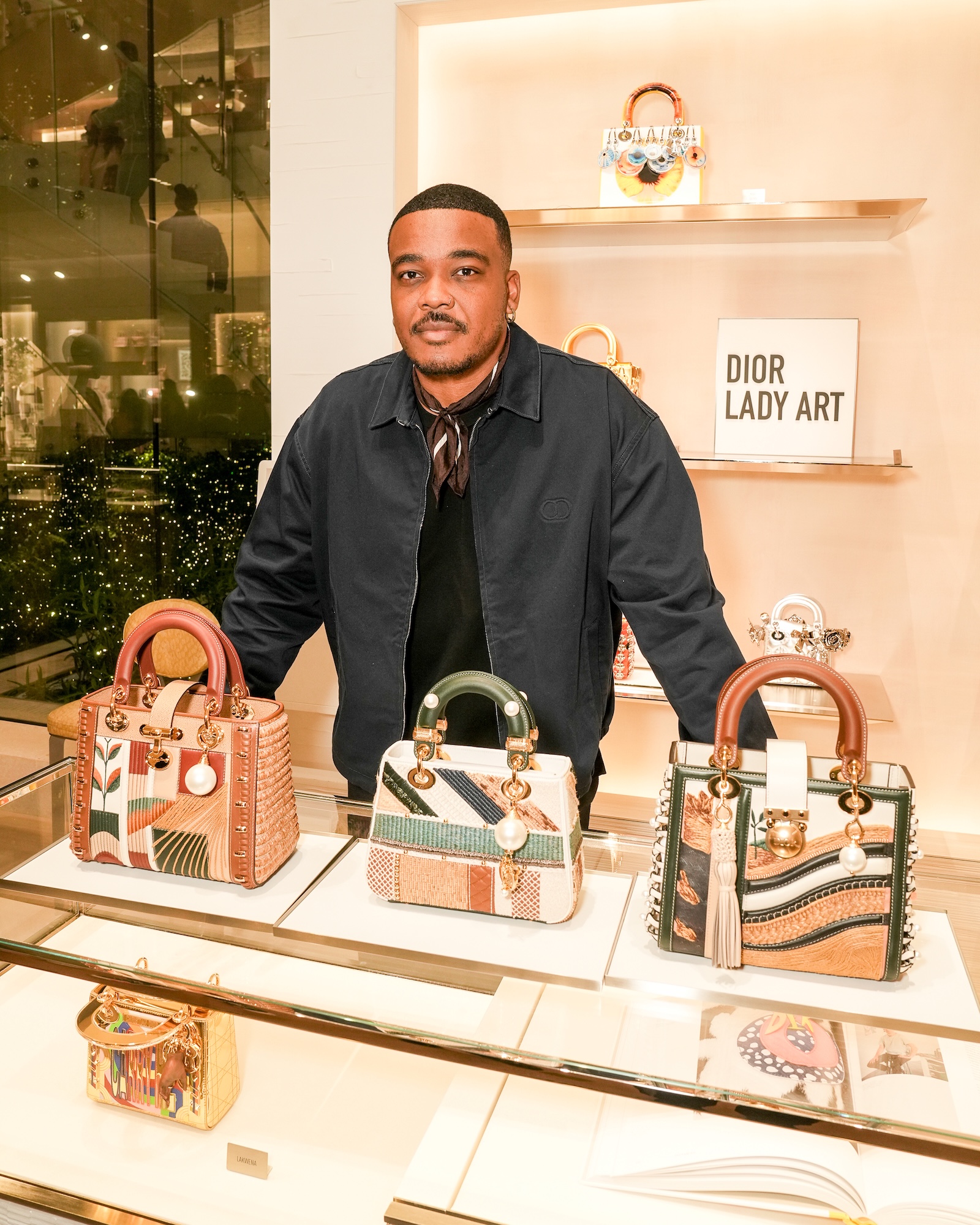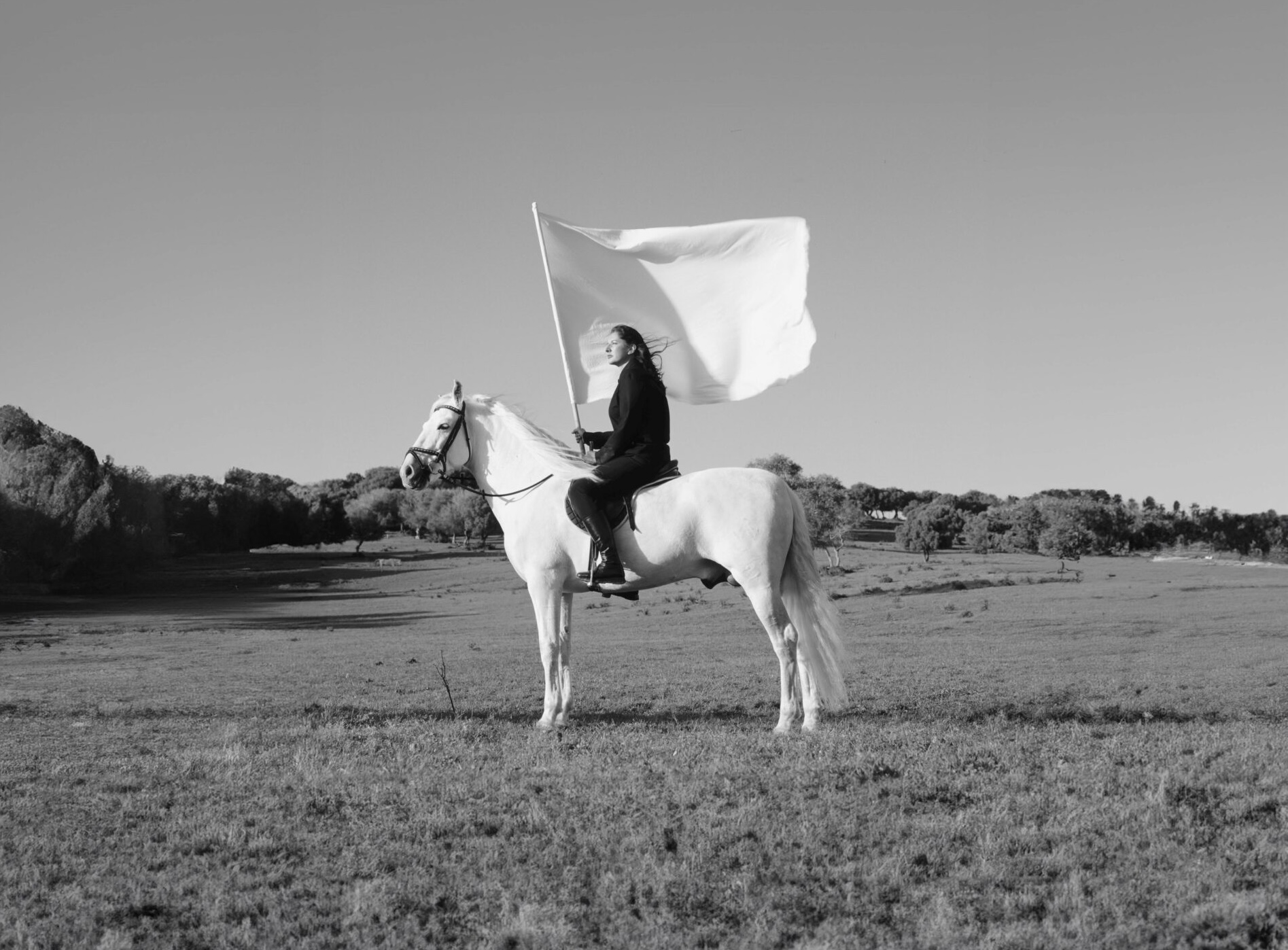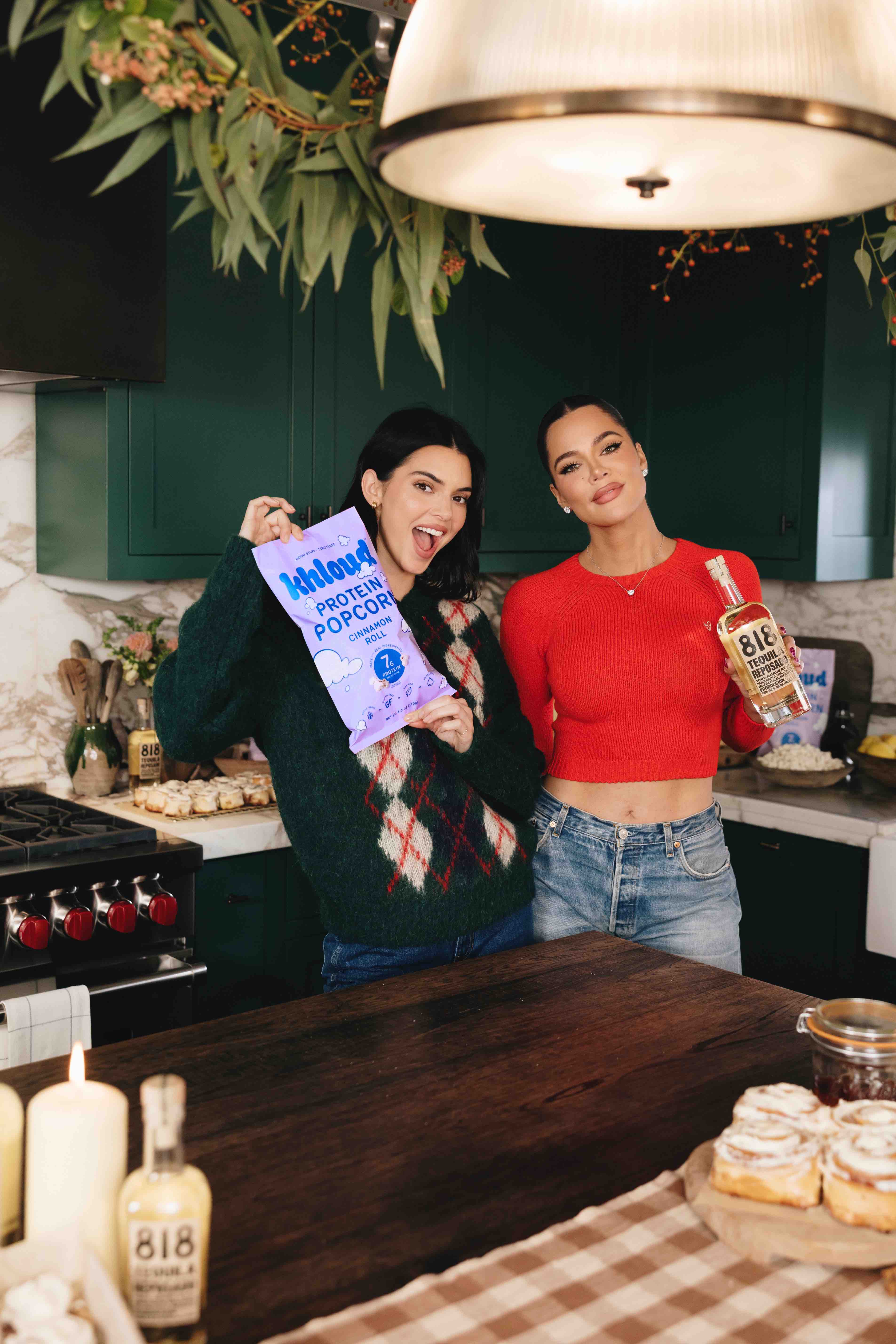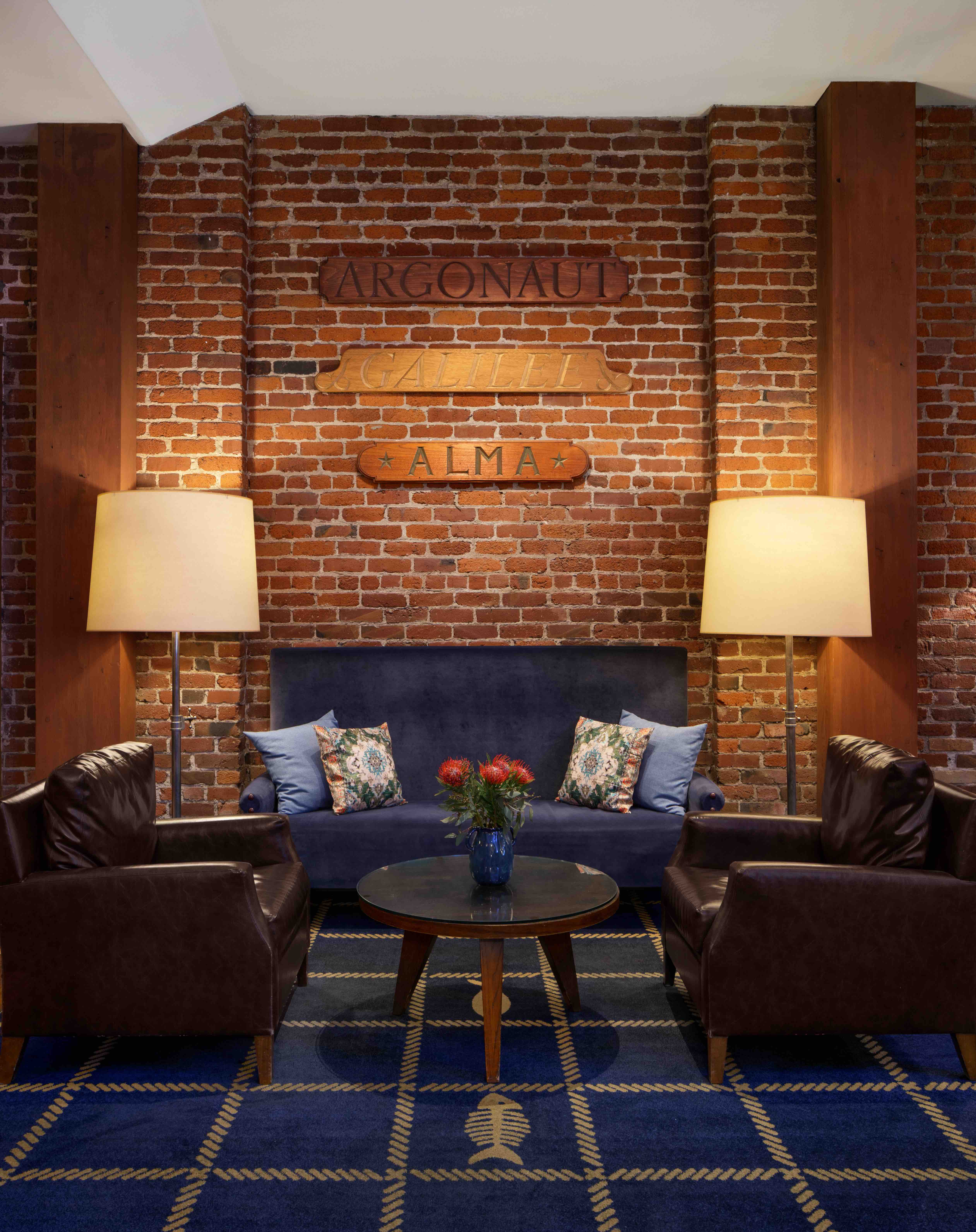

VP Records retail store on Jamaica Avenue, Jamaica, Queens (Unknown Photographer - “All Rights Reserved”)
_My Reggae Music Journey_, out today on VP Records, outlines the story of the now 83-year-old co-founder of VP Records and reggae legend, Miss Pat, detailing her over 60 years in the music industry. In 1959, back in Kingston, Jamaica, Dorothy Patricia Williams and her husband Vincent Chin, better known as Miss Pat and Randy, opened up Randy’s Record Mart at the corner of East and Tower streets. Eventually moving to 17 North Parade in 1961, becoming a hub for Jamaican musicians and music lovers. It was there at 17 North Parade that Miss Pat and Vincent started Studio 17, a full house production studio, equipped with everything to record, cut vinyl, master records, you name it.
It was at Studio 17 that Miss Pat and Vincent became a beacon of reggae, ska, mento, rocksteady, welcoming the likes of Johnny Nash, Delroy Wilson, Lee “Scratch” Perry, and many more. After nearly 20 years in Jamaica, Miss Pat and Vincent made the move to America. It was then that they settled in Jamaica, Queens, New York, opening VP Records on Jamaica Avenue. Early releases on VP included music from Lee Perry, Bunny Striker Lee, Ossie Hibbert, and many more. The rest, as they say, is history, and Miss Pat and Vincent solidified VP Records as a staple in Jamaican music. Today, VP continues, with Miss Pat carrying on her husbands legacy after his recent passing, creating the V&P Foundation to support music education for underprivileged youth in partnership with Alpha Boys’ School.
_Flaunt_ caught up with Miss Pat to talk about the V&P Foundation, her book, the importance of family and home, and more! Read below, [purchase a copy](https://vpreggae.com/miss-pat-my-reggae-music-journey-book/) for yourself, and tune in today, March 18 at 4pm PST/7pm EST to see [Miss Pat in conversation with Catalina Maria Johnson](https://good-road.us15.list-manage.com/track/click?e=f14f2560be&id=8c646a343e&u=a195f0a68a13dede2eb04c878) for VP Records 40th anniversary.




Miss Pat at Riddim Driven Clothing’s warehouse (Roy Sweetland)
**We’re talking about your book that’s come out. I want to start, first of all, more current as to what you’re doing right now with the V&P Foundation. It has this mission of supporting music education, giving access to underprivileged youth, and helping support artists. Tell us more about how that got started and what you’re really proud of with it.**
I recently started the foundation in honor of my husband to keep his legacy alive. We started, over sixty years ago, with our main objective to help young artists and producers be able to sustain themselves. So we’ve been doing that for over sixty years. But recently, since my husband passed away, I was thinking of making a foundation in his honor. So that’s how we started with it. To really embrace music, music education, arts, and to give a voice to the young, and to help the underprivileged kids. That is why we have a partnership with Alpha Boys’ School. They’re the ones that have really helped the young. I think they’re over 100 years old. Having a foundation now is just making it all official with the main objective of music empowerment and really help the underprivileged, to give scholarships, to let them know they can be part of something very powerful which is music. And hopefully it will be carried on when I’m not here anymore.
**How has the foundation’s role been amplified because of COVID?**
COVID has caused a lot of disturbances, with live shows now happening anymore. Last year, we had planned a big concert to release my book and tell people about my journey, but it didn’t happen. We hopefully can go out, when it’s safe, and share my journey with others and support the foundation. It gives me more time to reach out to other people, and I see the suffering and hardship they have. So many musicians have passed on, and I know how difficult it’s been for their families. Just in three months, Bunny Wailer died two weeks ago, U-Roy, and then Toots. Toots, I saw him in January, and we had a good time. In February, I saw Bunny Wailer, and we gave him an award, and he was such a beautiful soul. I’m happy he was at peace for the last year and really embracing his culture and his music. I’ve known them for over 50 years.
Lee Perry, I saw him two years ago, and he’s never changed. He was the one that really started Studio 17 back home in Jamaica 50 years ago. Created a lot of good hits with Bob Marley, and the journey continues. So here I am! \[laughs\] Trying to reflect back 60 years ago and try to share it in my book.
When I started my book four years ago, it was just an idea for my grandkids. My parents were immigrants from China and India, but they didn’t talk about their struggle and how they reached Jamaica years ago. I said, ‘I want to change that, I want my great-grandkids to know what I did when I was alive.’ And it started with a scrapbook. Then it started with little words. Then it started with a real book with artists and sharing my journey.


Randy’s Record Mart — Sidewalk scene (Blue Sun Film Co)
**That perfectly goes into the importance of family for you. All of your businesses really started as family businesses. In the names, you have the names of family members. In your book, you talk about the next generation with your kids, your grandkids taking it up.**
Well, you know, my dad and mom really gave us that feeling of community and helping others. So it was instilled in me, and I brought it onto my kids and grandkids. Whatever we did, we were very conscious of others that we can help and of giving back and respecting people regardless of their status, their color, or anything. It’s something that was passed on from my generation. We know the value and interest of helping community. It all happened organically, step by step as we go along. From selling used records to selling new records, then building a studio, and really trying to help others in the music industry, then coming to America in 1977 and continuing to do the same.
**It’s great because you and your family have stood by each other through all of it.**
And not only my family, but also my extended and my co-workers. And I really appreciate them. There are so many good people in our lives. The musicians and the artists. The singers. Soundsystem people who have a really big impact on the music. Sixty years ago, our music wasn’t played on the radio. We didn't even realize we would have a culture out of music. So, it going back sixty years. From mento, to ska, to rocksteady, to root drum and bass, to now it’s dancehall. I’m very fortunate to have a wide network of friends, including the artists’ kids who grew up with my kids. And my grandkids are in the business, Steven, he does the digital, Stephanie does all of those beautiful jackets for the CDs, my daughter in Florida who does the distribution, my sister in Canada. There’s a lot of struggle, but in the end I am blessed I am where I am today and to have the people I meet along the way.


Vincent “Randy” and Miss Pat (1957) (Miss Pat Family Archive)
**Somewhat related, I feel like home is very important to you. You made the move to Jamaica, Queens after leaving Jamaica. There’s always this idea of home and Jamaica following you.**
I would say that when I left Jamaica in 1977, my husband and my two children came first two years before. I stayed back to run the studio and the store. We were thinking of going to Florida. But we eventually settled in Jamaica, Queens, because it reminded us of back home. About 40 years ago, not a lot of Caribbean people lived here, but now we are really diverse. Queens is very diverse, which I am very happy about. When we came, it was very hard. They knew Bob Marley, but they didn’t know 99% of the other artists that we carried. When I came, I brought not only the big names, but the independent, small producers. I did not only carry my label, but I carried everybody else’s label. We were really trying to serve as many customers with as much product as we could. I mean, we carried a lot of Bob Marley, because we know he was the forerunner for everything. A lot of people knew Bob Marley before, they didn’t know Gregory Isaacs, they didn’t know Dennis Brown, they didn’t know Sizzla, Israel Vibration, Judy Mowatt. They didn’t know a lot of the other singers. I was lucky enough that I had a broader view of other genres, and as the music evolved, so did the producers, and the label, and the type of music, and the beats, and the rhythms. I was able to see everything coming around. I spent 20 years behind the counter in Jamaica at Randy’s Record Mart where we built Studio 17 upstairs.
**In the book, you talk about the boots on the ground thing. You were there, you experienced all of that. So when you went to Queens, it was this really robust knowledge and catalogue.**
Yeah, but I had to start 20 years back \[laughs\]. I had to tell the people, ‘Yes, we have this, we have that.’ We didn’t have computers. We had to remember everything in your head. 100 LPs and you had to remember every one, and every song, and which LP it's on, and every artist has 10 or 15 LPs! I had to know which is a hit song, who’s the producer, what label they’re on. I was really like an encyclopedia \[laughs\].
**In the book and elsewhere you talk about being a woman in the industry. You’ve been in this industry for so long now. _I_ know why I think your story is important to people, especially today.**
Well, back home, we were just doing a job. I never thought I was doing a man’s career until I came to America. I was telemarketing, and sometimes they would say, ‘Miss Pat, can you put a man on the phone? Because I don’t know if you know what I need.’ I said, ‘Well, I know the record. I was on the counter for 20 years in Jamaica.’ And they get to know that I know the record. I think, the time we’re living in, and we have quite a few women on the label now. But back then, the female was only the backup singer. They didn’t have an LP for themself. But over the years, we’ve signed quite a few women artists, and they’re very unique and doing very special things. In 1962, when Cris Blackwell brought Millie Small with “My Boy Lollipop,” I was so proud of her being the first woman to hit the British chart. And I realized women could stand by themselves, and I’ve always encouraged them. I wanted more women to be in the music industry, because there are so many things they can do. They can produce, they can be a writer, they can be a singer, they can be an artist, they can draw. There’s always a space for us. I’m grateful to see women step up to the plate. This month is women’s month, and what better time to release my book to inspire others I can help.


Miss Pat behind the counter at Randy’s Record Mart (1957) (Unknown Photographer -“All Rights Reserved”)
**It’s a beautiful catalogue to see these photos, and see what it’s become now.**
We wanted to showcase, like Duke Reid, Chris Blackwell, and the politicians, the Prime Minister, and quite a few other people who started in the music industry. Lee Perry was one of the first producers to use the studio. He rented it for over a month. He would come up with a stick, a grater, a can, and he would make music with those things. We were young, and we were just riding on faith, and realized that after sixty years we’re all still here. And looking at what we created over 60, 70 years ago. We didn’t have a culture of music. We didn’t have a culture called reggae. It was born in the 50s, it was all American records we would import, plus, the radio wouldn’t play it. They didn’t accept it at first. When my husband made “Independent Jamaica” in 1962, the radio wouldn’t play it. It was the sound systems and the people on the street that created the buzz. Then they were forced to play it.
**And now it’s everywhere.**
It’s everywhere. Music brings people together and unites them and gives them hope. And Jamaica is a place that is blessed with music. When we are down, we sing, when we are happy, we sing, when we go to a funeral, we sing, when we go to a wedding, we sing, when we’re washing and cooking. It’s just a natural part of us to sing. So we are blessed with music. And beautiful beaches! And white sand and sunshine!
* * *
_My Reggae Music Journey_ is [available now](https://vpreggae.com/miss-pat-my-reggae-music-journey-book/).
And tune in today at 4pm PST/7pm EST to see Miss Pat in conversation with Catalina Maria Johnson [here](https://cityparksfoundation.org/events/vp-records-digital/).
 
VP Records retail store on Jamaica Avenue, Jamaica, Queens (Unknown Photographer - “All Rights Reserved”)
_My Reggae Music Journey_, out today on VP Records, outlines the story of the now 83-year-old co-founder of VP Records and reggae legend, Miss Pat, detailing her over 60 years in the music industry. In 1959, back in Kingston, Jamaica, Dorothy Patricia Williams and her husband Vincent Chin, better known as Miss Pat and Randy, opened up Randy’s Record Mart at the corner of East and Tower streets. Eventually moving to 17 North Parade in 1961, becoming a hub for Jamaican musicians and music lovers. It was there at 17 North Parade that Miss Pat and Vincent started Studio 17, a full house production studio, equipped with everything to record, cut vinyl, master records, you name it.
It was at Studio 17 that Miss Pat and Vincent became a beacon of reggae, ska, mento, rocksteady, welcoming the likes of Johnny Nash, Delroy Wilson, Lee “Scratch” Perry, and many more. After nearly 20 years in Jamaica, Miss Pat and Vincent made the move to America. It was then that they settled in Jamaica, Queens, New York, opening VP Records on Jamaica Avenue. Early releases on VP included music from Lee Perry, Bunny Striker Lee, Ossie Hibbert, and many more. The rest, as they say, is history, and Miss Pat and Vincent solidified VP Records as a staple in Jamaican music. Today, VP continues, with Miss Pat carrying on her husbands legacy after his recent passing, creating the V&P Foundation to support music education for underprivileged youth in partnership with Alpha Boys’ School.
_Flaunt_ caught up with Miss Pat to talk about the V&P Foundation, her book, the importance of family and home, and more! Read below, [purchase a copy](https://vpreggae.com/miss-pat-my-reggae-music-journey-book/) for yourself, and tune in today, March 18 at 4pm PST/7pm EST to see [Miss Pat in conversation with Catalina Maria Johnson](https://good-road.us15.list-manage.com/track/click?e=f14f2560be&id=8c646a343e&u=a195f0a68a13dede2eb04c878) for VP Records 40th anniversary.

VP Records retail store on Jamaica Avenue, Jamaica, Queens (Unknown Photographer - “All Rights Reserved”)
_My Reggae Music Journey_, out today on VP Records, outlines the story of the now 83-year-old co-founder of VP Records and reggae legend, Miss Pat, detailing her over 60 years in the music industry. In 1959, back in Kingston, Jamaica, Dorothy Patricia Williams and her husband Vincent Chin, better known as Miss Pat and Randy, opened up Randy’s Record Mart at the corner of East and Tower streets. Eventually moving to 17 North Parade in 1961, becoming a hub for Jamaican musicians and music lovers. It was there at 17 North Parade that Miss Pat and Vincent started Studio 17, a full house production studio, equipped with everything to record, cut vinyl, master records, you name it.
It was at Studio 17 that Miss Pat and Vincent became a beacon of reggae, ska, mento, rocksteady, welcoming the likes of Johnny Nash, Delroy Wilson, Lee “Scratch” Perry, and many more. After nearly 20 years in Jamaica, Miss Pat and Vincent made the move to America. It was then that they settled in Jamaica, Queens, New York, opening VP Records on Jamaica Avenue. Early releases on VP included music from Lee Perry, Bunny Striker Lee, Ossie Hibbert, and many more. The rest, as they say, is history, and Miss Pat and Vincent solidified VP Records as a staple in Jamaican music. Today, VP continues, with Miss Pat carrying on her husbands legacy after his recent passing, creating the V&P Foundation to support music education for underprivileged youth in partnership with Alpha Boys’ School.
_Flaunt_ caught up with Miss Pat to talk about the V&P Foundation, her book, the importance of family and home, and more! Read below, [purchase a copy](https://vpreggae.com/miss-pat-my-reggae-music-journey-book/) for yourself, and tune in today, March 18 at 4pm PST/7pm EST to see [Miss Pat in conversation with Catalina Maria Johnson](https://good-road.us15.list-manage.com/track/click?e=f14f2560be&id=8c646a343e&u=a195f0a68a13dede2eb04c878) for VP Records 40th anniversary.
 

 
Miss Pat at Riddim Driven Clothing’s warehouse (Roy Sweetland)
**We’re talking about your book that’s come out. I want to start, first of all, more current as to what you’re doing right now with the V&P Foundation. It has this mission of supporting music education, giving access to underprivileged youth, and helping support artists. Tell us more about how that got started and what you’re really proud of with it.**
I recently started the foundation in honor of my husband to keep his legacy alive. We started, over sixty years ago, with our main objective to help young artists and producers be able to sustain themselves. So we’ve been doing that for over sixty years. But recently, since my husband passed away, I was thinking of making a foundation in his honor. So that’s how we started with it. To really embrace music, music education, arts, and to give a voice to the young, and to help the underprivileged kids. That is why we have a partnership with Alpha Boys’ School. They’re the ones that have really helped the young. I think they’re over 100 years old. Having a foundation now is just making it all official with the main objective of music empowerment and really help the underprivileged, to give scholarships, to let them know they can be part of something very powerful which is music. And hopefully it will be carried on when I’m not here anymore.
**How has the foundation’s role been amplified because of COVID?**
COVID has caused a lot of disturbances, with live shows now happening anymore. Last year, we had planned a big concert to release my book and tell people about my journey, but it didn’t happen. We hopefully can go out, when it’s safe, and share my journey with others and support the foundation. It gives me more time to reach out to other people, and I see the suffering and hardship they have. So many musicians have passed on, and I know how difficult it’s been for their families. Just in three months, Bunny Wailer died two weeks ago, U-Roy, and then Toots. Toots, I saw him in January, and we had a good time. In February, I saw Bunny Wailer, and we gave him an award, and he was such a beautiful soul. I’m happy he was at peace for the last year and really embracing his culture and his music. I’ve known them for over 50 years.
Lee Perry, I saw him two years ago, and he’s never changed. He was the one that really started Studio 17 back home in Jamaica 50 years ago. Created a lot of good hits with Bob Marley, and the journey continues. So here I am! \[laughs\] Trying to reflect back 60 years ago and try to share it in my book.
When I started my book four years ago, it was just an idea for my grandkids. My parents were immigrants from China and India, but they didn’t talk about their struggle and how they reached Jamaica years ago. I said, ‘I want to change that, I want my great-grandkids to know what I did when I was alive.’ And it started with a scrapbook. Then it started with little words. Then it started with a real book with artists and sharing my journey.

Miss Pat at Riddim Driven Clothing’s warehouse (Roy Sweetland)
**We’re talking about your book that’s come out. I want to start, first of all, more current as to what you’re doing right now with the V&P Foundation. It has this mission of supporting music education, giving access to underprivileged youth, and helping support artists. Tell us more about how that got started and what you’re really proud of with it.**
I recently started the foundation in honor of my husband to keep his legacy alive. We started, over sixty years ago, with our main objective to help young artists and producers be able to sustain themselves. So we’ve been doing that for over sixty years. But recently, since my husband passed away, I was thinking of making a foundation in his honor. So that’s how we started with it. To really embrace music, music education, arts, and to give a voice to the young, and to help the underprivileged kids. That is why we have a partnership with Alpha Boys’ School. They’re the ones that have really helped the young. I think they’re over 100 years old. Having a foundation now is just making it all official with the main objective of music empowerment and really help the underprivileged, to give scholarships, to let them know they can be part of something very powerful which is music. And hopefully it will be carried on when I’m not here anymore.
**How has the foundation’s role been amplified because of COVID?**
COVID has caused a lot of disturbances, with live shows now happening anymore. Last year, we had planned a big concert to release my book and tell people about my journey, but it didn’t happen. We hopefully can go out, when it’s safe, and share my journey with others and support the foundation. It gives me more time to reach out to other people, and I see the suffering and hardship they have. So many musicians have passed on, and I know how difficult it’s been for their families. Just in three months, Bunny Wailer died two weeks ago, U-Roy, and then Toots. Toots, I saw him in January, and we had a good time. In February, I saw Bunny Wailer, and we gave him an award, and he was such a beautiful soul. I’m happy he was at peace for the last year and really embracing his culture and his music. I’ve known them for over 50 years.
Lee Perry, I saw him two years ago, and he’s never changed. He was the one that really started Studio 17 back home in Jamaica 50 years ago. Created a lot of good hits with Bob Marley, and the journey continues. So here I am! \[laughs\] Trying to reflect back 60 years ago and try to share it in my book.
When I started my book four years ago, it was just an idea for my grandkids. My parents were immigrants from China and India, but they didn’t talk about their struggle and how they reached Jamaica years ago. I said, ‘I want to change that, I want my great-grandkids to know what I did when I was alive.’ And it started with a scrapbook. Then it started with little words. Then it started with a real book with artists and sharing my journey.
 
Randy’s Record Mart — Sidewalk scene (Blue Sun Film Co)
**That perfectly goes into the importance of family for you. All of your businesses really started as family businesses. In the names, you have the names of family members. In your book, you talk about the next generation with your kids, your grandkids taking it up.**
Well, you know, my dad and mom really gave us that feeling of community and helping others. So it was instilled in me, and I brought it onto my kids and grandkids. Whatever we did, we were very conscious of others that we can help and of giving back and respecting people regardless of their status, their color, or anything. It’s something that was passed on from my generation. We know the value and interest of helping community. It all happened organically, step by step as we go along. From selling used records to selling new records, then building a studio, and really trying to help others in the music industry, then coming to America in 1977 and continuing to do the same.
**It’s great because you and your family have stood by each other through all of it.**
And not only my family, but also my extended and my co-workers. And I really appreciate them. There are so many good people in our lives. The musicians and the artists. The singers. Soundsystem people who have a really big impact on the music. Sixty years ago, our music wasn’t played on the radio. We didn't even realize we would have a culture out of music. So, it going back sixty years. From mento, to ska, to rocksteady, to root drum and bass, to now it’s dancehall. I’m very fortunate to have a wide network of friends, including the artists’ kids who grew up with my kids. And my grandkids are in the business, Steven, he does the digital, Stephanie does all of those beautiful jackets for the CDs, my daughter in Florida who does the distribution, my sister in Canada. There’s a lot of struggle, but in the end I am blessed I am where I am today and to have the people I meet along the way.

Randy’s Record Mart — Sidewalk scene (Blue Sun Film Co)
**That perfectly goes into the importance of family for you. All of your businesses really started as family businesses. In the names, you have the names of family members. In your book, you talk about the next generation with your kids, your grandkids taking it up.**
Well, you know, my dad and mom really gave us that feeling of community and helping others. So it was instilled in me, and I brought it onto my kids and grandkids. Whatever we did, we were very conscious of others that we can help and of giving back and respecting people regardless of their status, their color, or anything. It’s something that was passed on from my generation. We know the value and interest of helping community. It all happened organically, step by step as we go along. From selling used records to selling new records, then building a studio, and really trying to help others in the music industry, then coming to America in 1977 and continuing to do the same.
**It’s great because you and your family have stood by each other through all of it.**
And not only my family, but also my extended and my co-workers. And I really appreciate them. There are so many good people in our lives. The musicians and the artists. The singers. Soundsystem people who have a really big impact on the music. Sixty years ago, our music wasn’t played on the radio. We didn't even realize we would have a culture out of music. So, it going back sixty years. From mento, to ska, to rocksteady, to root drum and bass, to now it’s dancehall. I’m very fortunate to have a wide network of friends, including the artists’ kids who grew up with my kids. And my grandkids are in the business, Steven, he does the digital, Stephanie does all of those beautiful jackets for the CDs, my daughter in Florida who does the distribution, my sister in Canada. There’s a lot of struggle, but in the end I am blessed I am where I am today and to have the people I meet along the way.
 
Vincent “Randy” and Miss Pat (1957) (Miss Pat Family Archive)
**Somewhat related, I feel like home is very important to you. You made the move to Jamaica, Queens after leaving Jamaica. There’s always this idea of home and Jamaica following you.**
I would say that when I left Jamaica in 1977, my husband and my two children came first two years before. I stayed back to run the studio and the store. We were thinking of going to Florida. But we eventually settled in Jamaica, Queens, because it reminded us of back home. About 40 years ago, not a lot of Caribbean people lived here, but now we are really diverse. Queens is very diverse, which I am very happy about. When we came, it was very hard. They knew Bob Marley, but they didn’t know 99% of the other artists that we carried. When I came, I brought not only the big names, but the independent, small producers. I did not only carry my label, but I carried everybody else’s label. We were really trying to serve as many customers with as much product as we could. I mean, we carried a lot of Bob Marley, because we know he was the forerunner for everything. A lot of people knew Bob Marley before, they didn’t know Gregory Isaacs, they didn’t know Dennis Brown, they didn’t know Sizzla, Israel Vibration, Judy Mowatt. They didn’t know a lot of the other singers. I was lucky enough that I had a broader view of other genres, and as the music evolved, so did the producers, and the label, and the type of music, and the beats, and the rhythms. I was able to see everything coming around. I spent 20 years behind the counter in Jamaica at Randy’s Record Mart where we built Studio 17 upstairs.
**In the book, you talk about the boots on the ground thing. You were there, you experienced all of that. So when you went to Queens, it was this really robust knowledge and catalogue.**
Yeah, but I had to start 20 years back \[laughs\]. I had to tell the people, ‘Yes, we have this, we have that.’ We didn’t have computers. We had to remember everything in your head. 100 LPs and you had to remember every one, and every song, and which LP it's on, and every artist has 10 or 15 LPs! I had to know which is a hit song, who’s the producer, what label they’re on. I was really like an encyclopedia \[laughs\].
**In the book and elsewhere you talk about being a woman in the industry. You’ve been in this industry for so long now. _I_ know why I think your story is important to people, especially today.**
Well, back home, we were just doing a job. I never thought I was doing a man’s career until I came to America. I was telemarketing, and sometimes they would say, ‘Miss Pat, can you put a man on the phone? Because I don’t know if you know what I need.’ I said, ‘Well, I know the record. I was on the counter for 20 years in Jamaica.’ And they get to know that I know the record. I think, the time we’re living in, and we have quite a few women on the label now. But back then, the female was only the backup singer. They didn’t have an LP for themself. But over the years, we’ve signed quite a few women artists, and they’re very unique and doing very special things. In 1962, when Cris Blackwell brought Millie Small with “My Boy Lollipop,” I was so proud of her being the first woman to hit the British chart. And I realized women could stand by themselves, and I’ve always encouraged them. I wanted more women to be in the music industry, because there are so many things they can do. They can produce, they can be a writer, they can be a singer, they can be an artist, they can draw. There’s always a space for us. I’m grateful to see women step up to the plate. This month is women’s month, and what better time to release my book to inspire others I can help.

Vincent “Randy” and Miss Pat (1957) (Miss Pat Family Archive)
**Somewhat related, I feel like home is very important to you. You made the move to Jamaica, Queens after leaving Jamaica. There’s always this idea of home and Jamaica following you.**
I would say that when I left Jamaica in 1977, my husband and my two children came first two years before. I stayed back to run the studio and the store. We were thinking of going to Florida. But we eventually settled in Jamaica, Queens, because it reminded us of back home. About 40 years ago, not a lot of Caribbean people lived here, but now we are really diverse. Queens is very diverse, which I am very happy about. When we came, it was very hard. They knew Bob Marley, but they didn’t know 99% of the other artists that we carried. When I came, I brought not only the big names, but the independent, small producers. I did not only carry my label, but I carried everybody else’s label. We were really trying to serve as many customers with as much product as we could. I mean, we carried a lot of Bob Marley, because we know he was the forerunner for everything. A lot of people knew Bob Marley before, they didn’t know Gregory Isaacs, they didn’t know Dennis Brown, they didn’t know Sizzla, Israel Vibration, Judy Mowatt. They didn’t know a lot of the other singers. I was lucky enough that I had a broader view of other genres, and as the music evolved, so did the producers, and the label, and the type of music, and the beats, and the rhythms. I was able to see everything coming around. I spent 20 years behind the counter in Jamaica at Randy’s Record Mart where we built Studio 17 upstairs.
**In the book, you talk about the boots on the ground thing. You were there, you experienced all of that. So when you went to Queens, it was this really robust knowledge and catalogue.**
Yeah, but I had to start 20 years back \[laughs\]. I had to tell the people, ‘Yes, we have this, we have that.’ We didn’t have computers. We had to remember everything in your head. 100 LPs and you had to remember every one, and every song, and which LP it's on, and every artist has 10 or 15 LPs! I had to know which is a hit song, who’s the producer, what label they’re on. I was really like an encyclopedia \[laughs\].
**In the book and elsewhere you talk about being a woman in the industry. You’ve been in this industry for so long now. _I_ know why I think your story is important to people, especially today.**
Well, back home, we were just doing a job. I never thought I was doing a man’s career until I came to America. I was telemarketing, and sometimes they would say, ‘Miss Pat, can you put a man on the phone? Because I don’t know if you know what I need.’ I said, ‘Well, I know the record. I was on the counter for 20 years in Jamaica.’ And they get to know that I know the record. I think, the time we’re living in, and we have quite a few women on the label now. But back then, the female was only the backup singer. They didn’t have an LP for themself. But over the years, we’ve signed quite a few women artists, and they’re very unique and doing very special things. In 1962, when Cris Blackwell brought Millie Small with “My Boy Lollipop,” I was so proud of her being the first woman to hit the British chart. And I realized women could stand by themselves, and I’ve always encouraged them. I wanted more women to be in the music industry, because there are so many things they can do. They can produce, they can be a writer, they can be a singer, they can be an artist, they can draw. There’s always a space for us. I’m grateful to see women step up to the plate. This month is women’s month, and what better time to release my book to inspire others I can help.
 
Miss Pat behind the counter at Randy’s Record Mart (1957) (Unknown Photographer -“All Rights Reserved”)
**It’s a beautiful catalogue to see these photos, and see what it’s become now.**
We wanted to showcase, like Duke Reid, Chris Blackwell, and the politicians, the Prime Minister, and quite a few other people who started in the music industry. Lee Perry was one of the first producers to use the studio. He rented it for over a month. He would come up with a stick, a grater, a can, and he would make music with those things. We were young, and we were just riding on faith, and realized that after sixty years we’re all still here. And looking at what we created over 60, 70 years ago. We didn’t have a culture of music. We didn’t have a culture called reggae. It was born in the 50s, it was all American records we would import, plus, the radio wouldn’t play it. They didn’t accept it at first. When my husband made “Independent Jamaica” in 1962, the radio wouldn’t play it. It was the sound systems and the people on the street that created the buzz. Then they were forced to play it.
**And now it’s everywhere.**
It’s everywhere. Music brings people together and unites them and gives them hope. And Jamaica is a place that is blessed with music. When we are down, we sing, when we are happy, we sing, when we go to a funeral, we sing, when we go to a wedding, we sing, when we’re washing and cooking. It’s just a natural part of us to sing. So we are blessed with music. And beautiful beaches! And white sand and sunshine!
* * *
_My Reggae Music Journey_ is [available now](https://vpreggae.com/miss-pat-my-reggae-music-journey-book/).
And tune in today at 4pm PST/7pm EST to see Miss Pat in conversation with Catalina Maria Johnson [here](https://cityparksfoundation.org/events/vp-records-digital/).

Miss Pat behind the counter at Randy’s Record Mart (1957) (Unknown Photographer -“All Rights Reserved”)
**It’s a beautiful catalogue to see these photos, and see what it’s become now.**
We wanted to showcase, like Duke Reid, Chris Blackwell, and the politicians, the Prime Minister, and quite a few other people who started in the music industry. Lee Perry was one of the first producers to use the studio. He rented it for over a month. He would come up with a stick, a grater, a can, and he would make music with those things. We were young, and we were just riding on faith, and realized that after sixty years we’re all still here. And looking at what we created over 60, 70 years ago. We didn’t have a culture of music. We didn’t have a culture called reggae. It was born in the 50s, it was all American records we would import, plus, the radio wouldn’t play it. They didn’t accept it at first. When my husband made “Independent Jamaica” in 1962, the radio wouldn’t play it. It was the sound systems and the people on the street that created the buzz. Then they were forced to play it.
**And now it’s everywhere.**
It’s everywhere. Music brings people together and unites them and gives them hope. And Jamaica is a place that is blessed with music. When we are down, we sing, when we are happy, we sing, when we go to a funeral, we sing, when we go to a wedding, we sing, when we’re washing and cooking. It’s just a natural part of us to sing. So we are blessed with music. And beautiful beaches! And white sand and sunshine!
* * *
_My Reggae Music Journey_ is [available now](https://vpreggae.com/miss-pat-my-reggae-music-journey-book/).
And tune in today at 4pm PST/7pm EST to see Miss Pat in conversation with Catalina Maria Johnson [here](https://cityparksfoundation.org/events/vp-records-digital/).
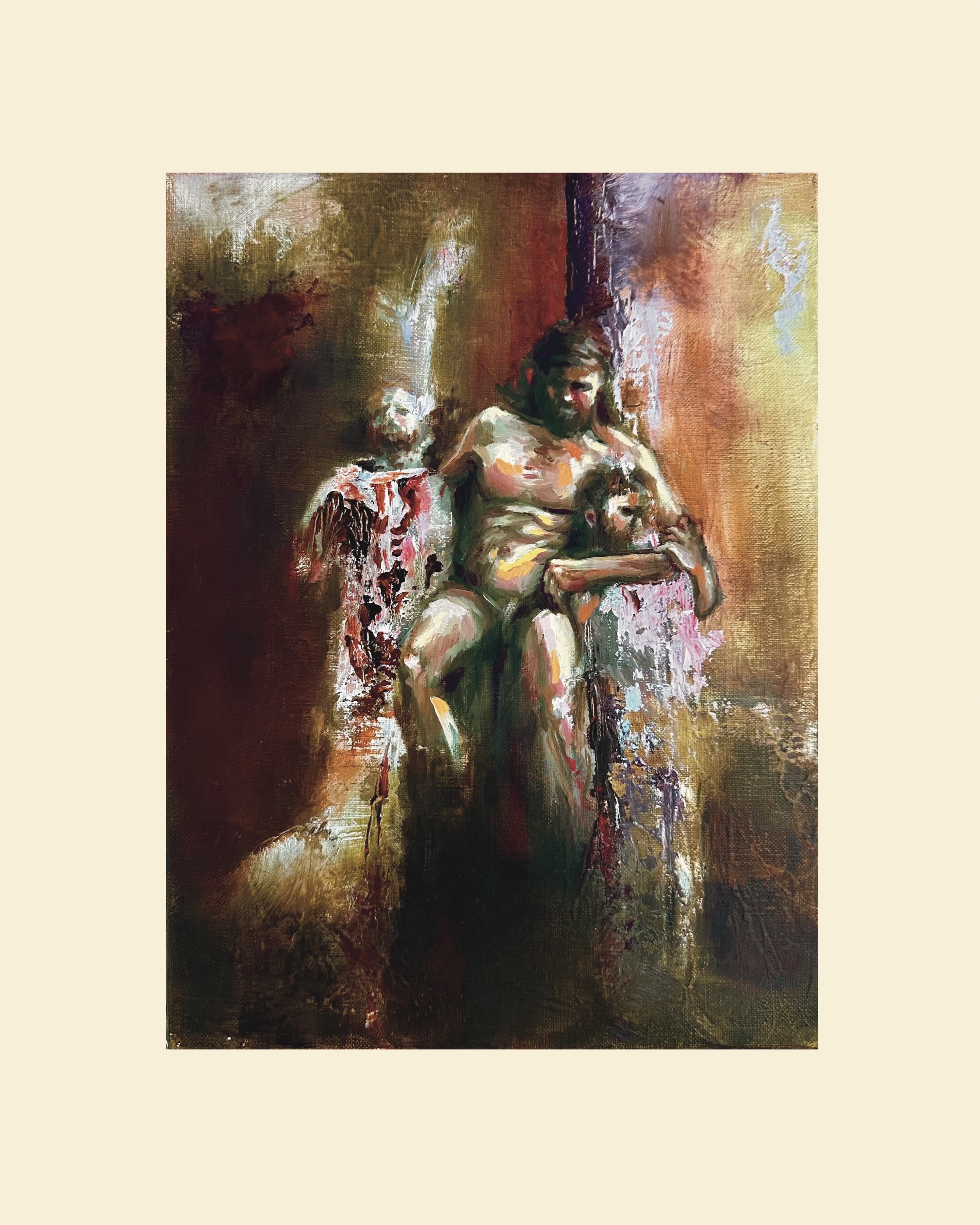

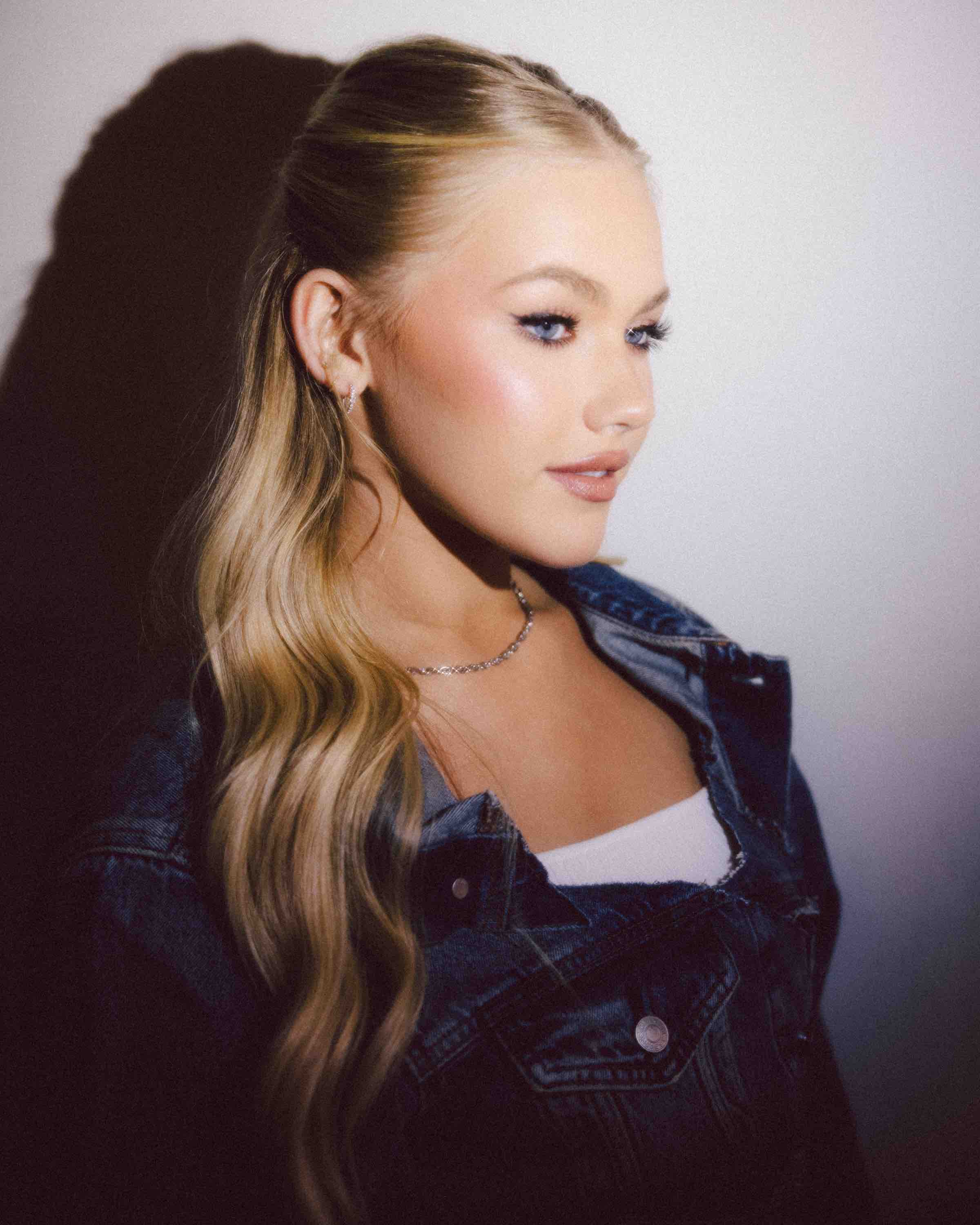
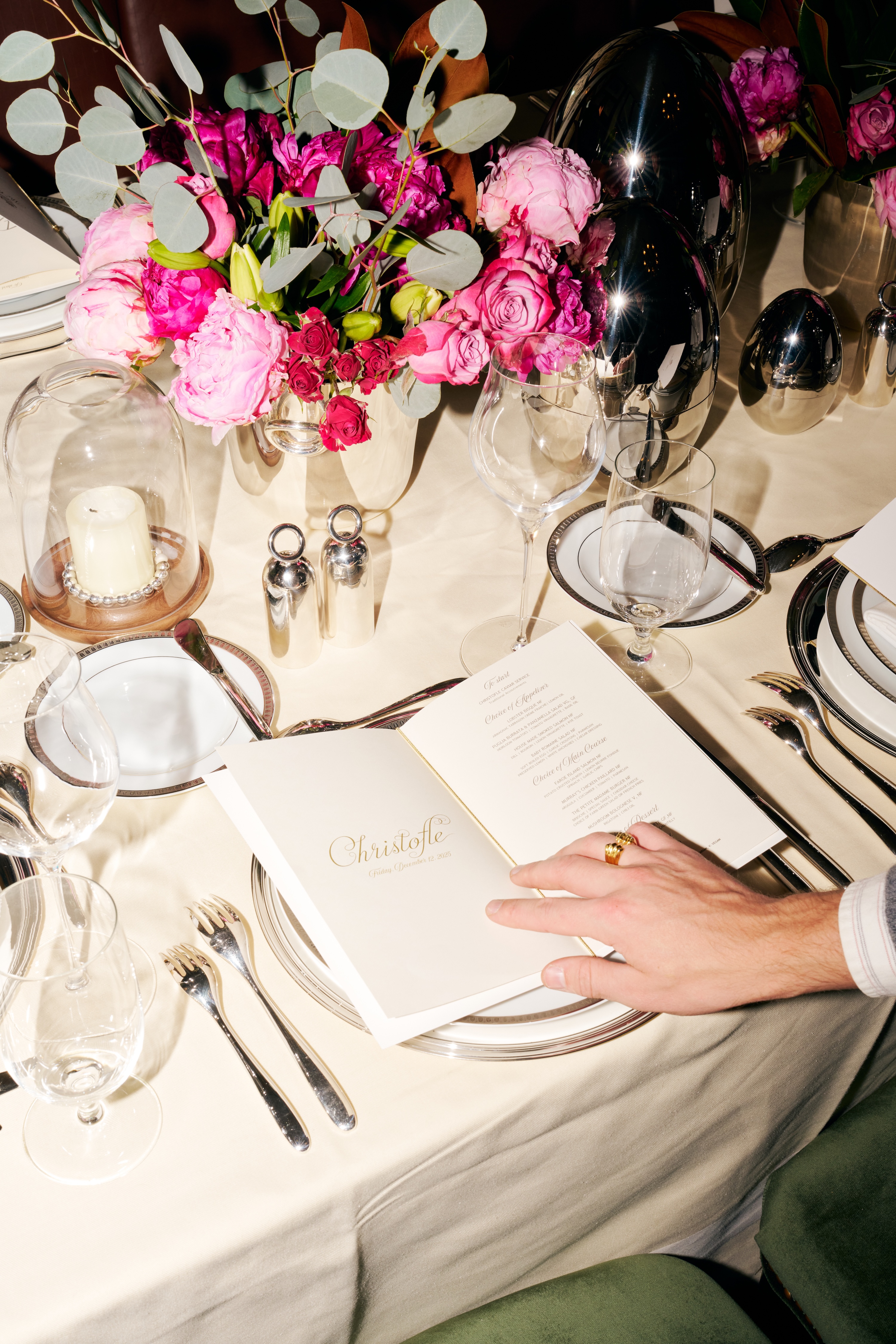
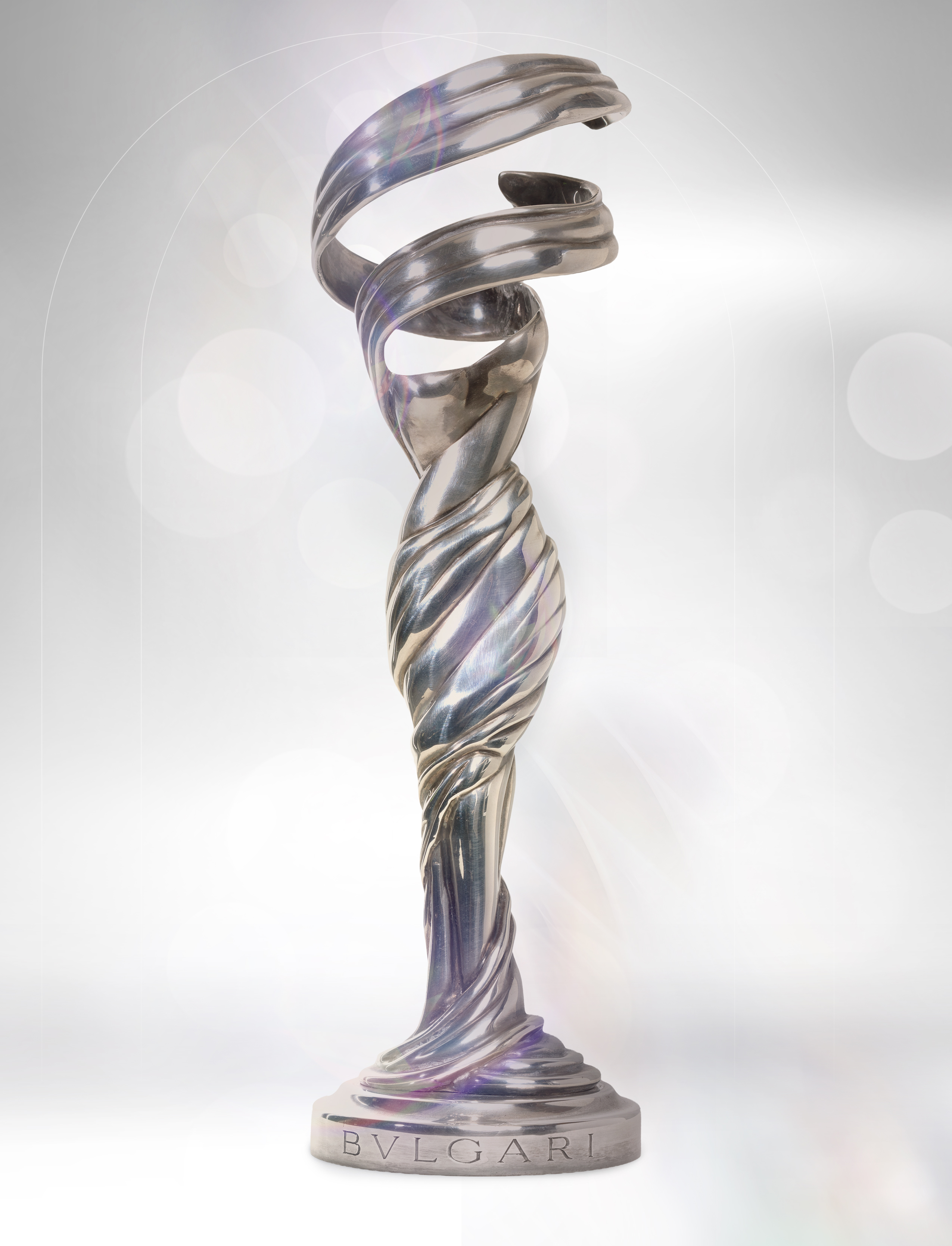
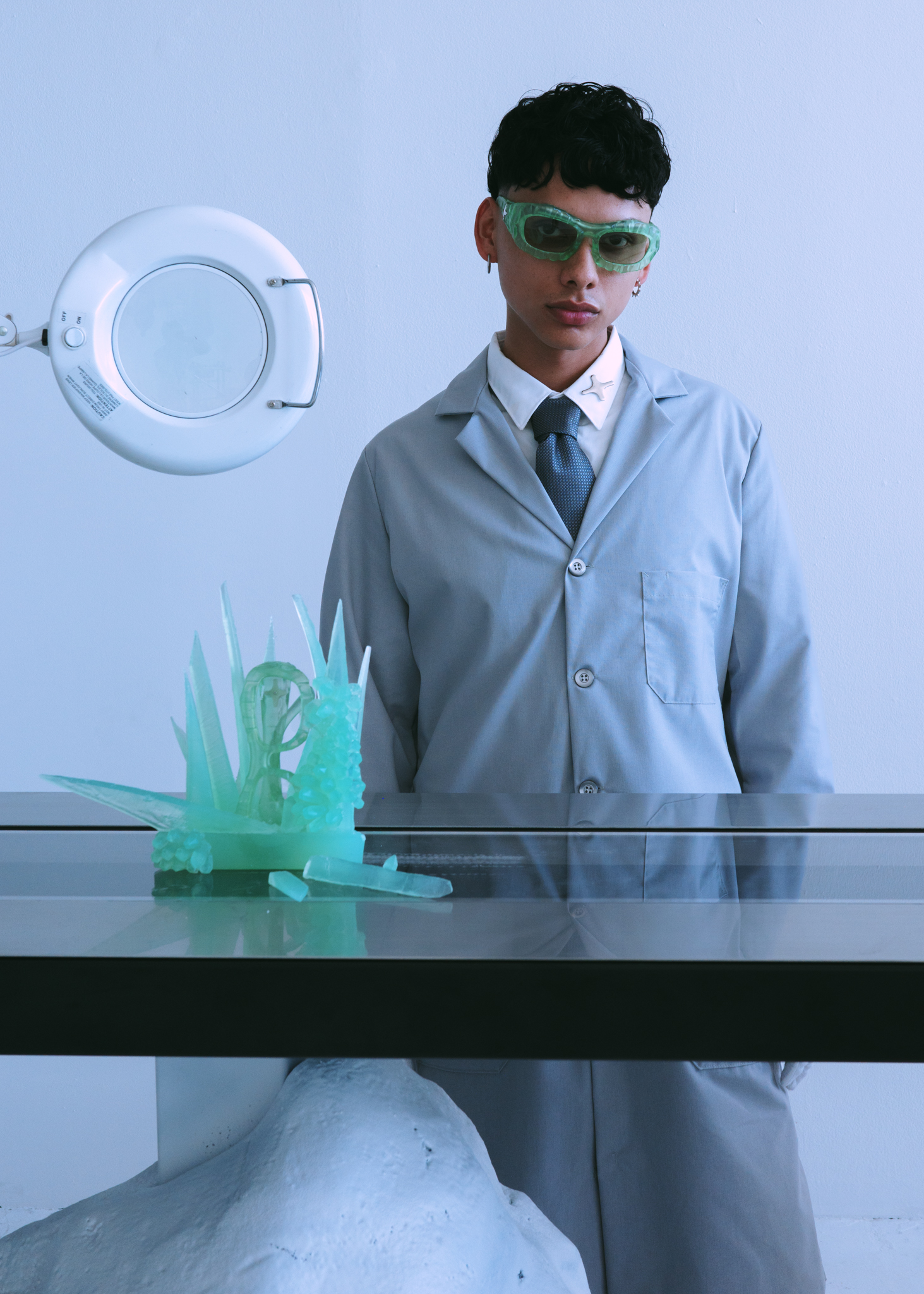
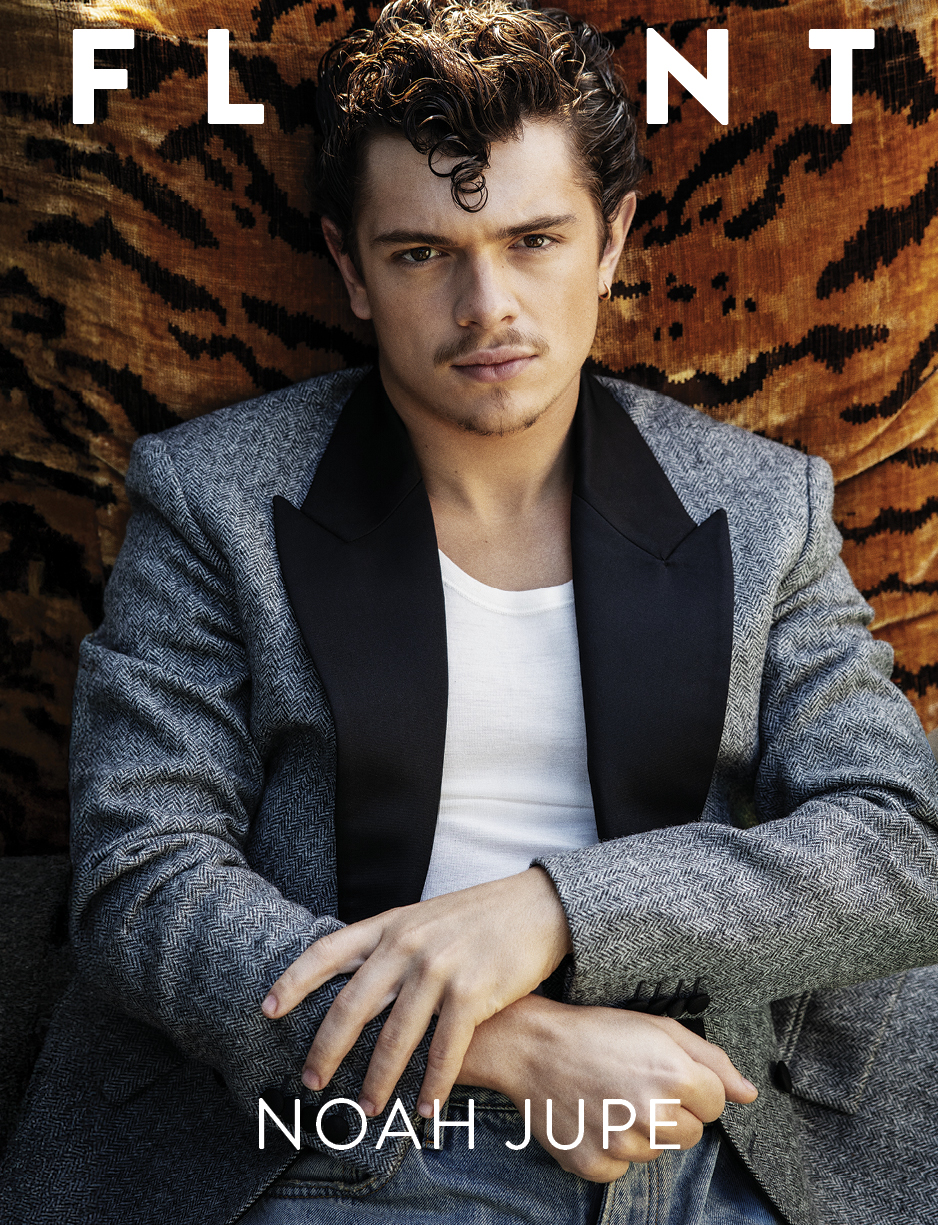
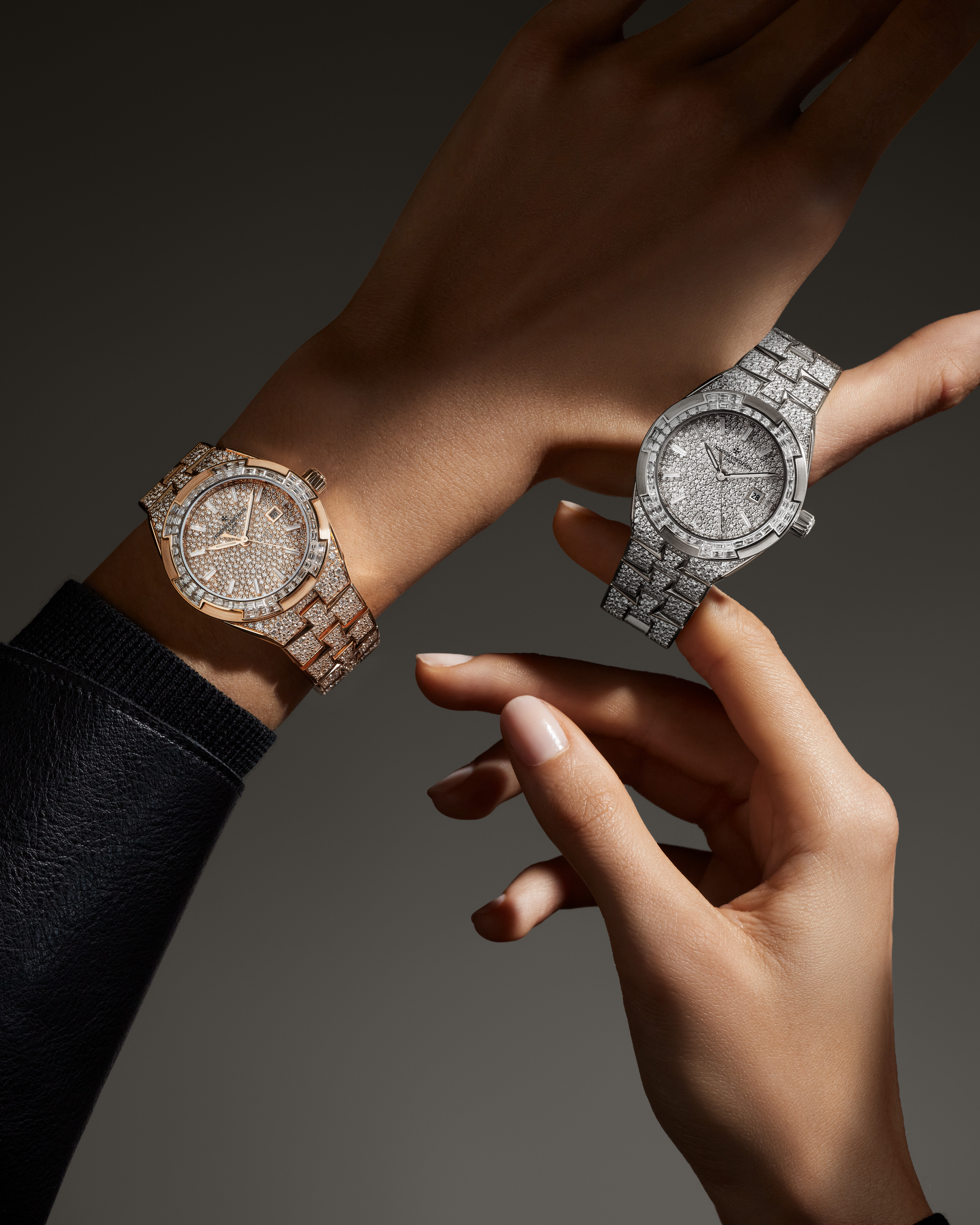
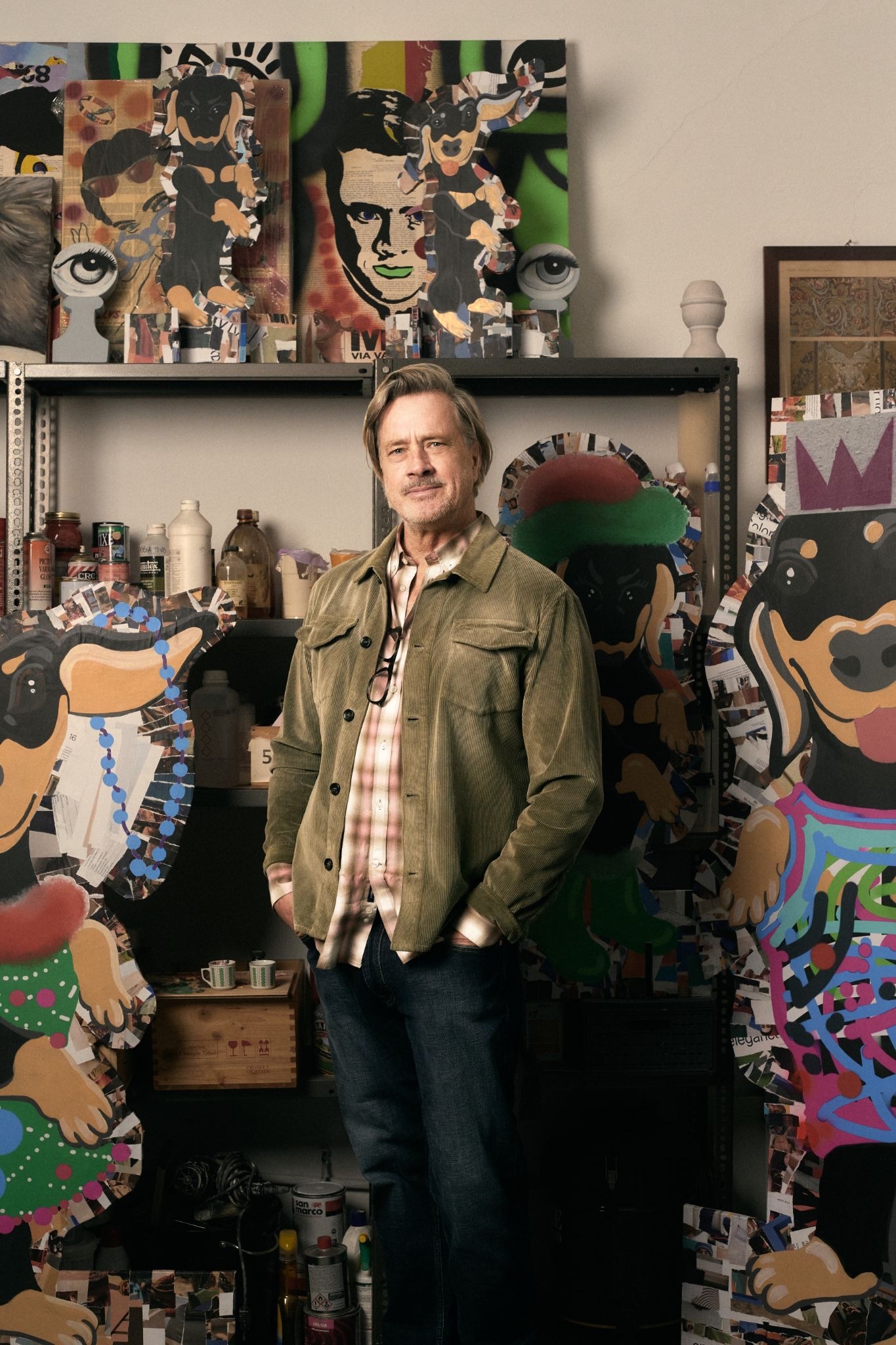
.JPG)
.jpg)
